The Vietnam - EFTA Free Trade Agreement (FTA) (a bloc of European Free Trade Association countries including Switzerland, Norway, Iceland and Liechtenstein) is in the negotiation and signing stage. The Vietnam - EFTA FTA is assessed to have many similarities with the new generation FTAs that Vietnam has signed before, such as CPTPP, EVFTA or UKVFTA. This is an important advantage, helping Vietnamese enterprises to quickly adapt and apply existing experiences in complying with commitments, perfecting production processes and meeting quality standards.
Increase export opportunities
The Ministry of Industry and Trade said that the current two-way trade turnover between Vietnam and EFTA is about 3 billion USD/year. However, according to preliminary forecasts, after the FTA is signed, the total trade turnover may increase to about 5 billion USD by 2028. In particular, the export turnover from Vietnam to EFTA is expected to grow by 10%-15%/year in the first years of implementing the agreement.
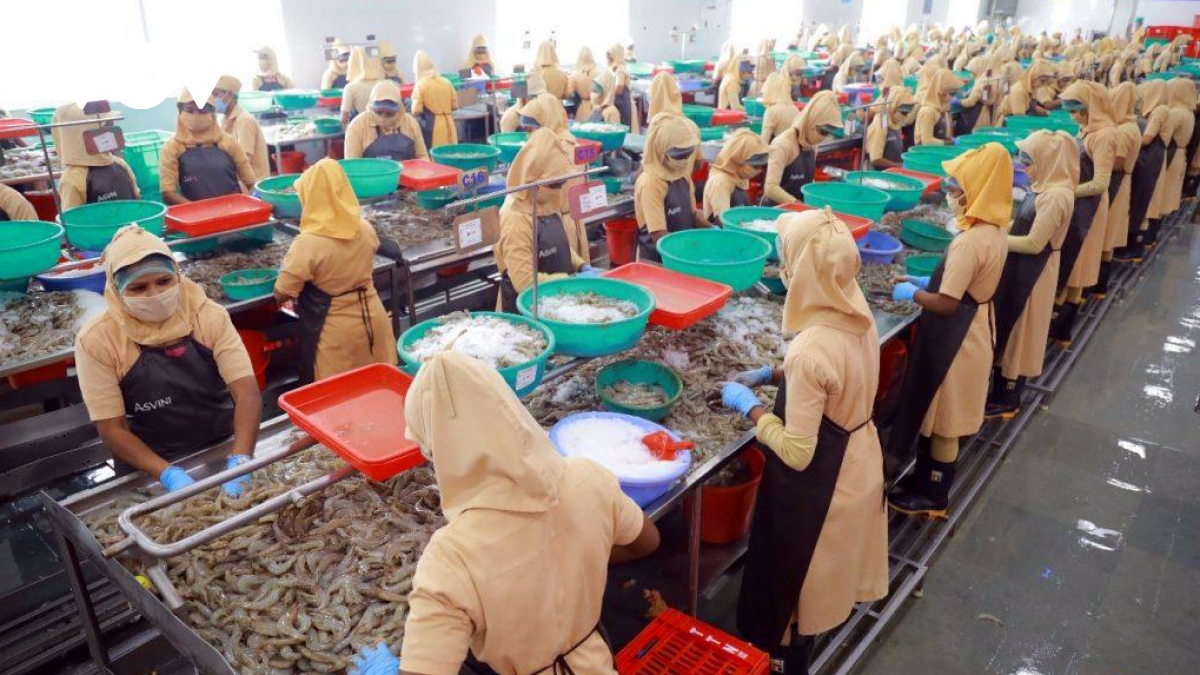
According to the assessment of the Ministry of Industry and Trade, one of the most obvious advantages of the Vietnam - EFTA FTA is the deep reduction of tariffs and the removal of non-tariff barriers. According to the initial negotiation agreements, EFTA will eliminate 90% - 95% of import tariffs from Vietnam as soon as the agreement comes into effect. The reduction of tariffs and trade costs will help Vietnamese products significantly increase their price competitiveness, thereby reaching deeper into high-end consumer segments in EFTA.
“Although the population size of the EFTA bloc is not as large as other regions, these are countries with the highest incomes in the world , so the demand for goods, especially high-quality products, is very large. Therefore, Vietnamese enterprises should take advantage of this feature to produce and export high-quality products to the EFTA market. Industries such as agricultural products (coffee, pepper, cashew nuts, tropical fruits), seafood (shrimp, tra fish, tuna) and consumer goods will be the sectors that benefit the most from tariff reductions when the FTA comes into effect,” the Ministry of Industry and Trade recommended.
According to the Ministry of Industry and Trade, another important opportunity from the Vietnam - EFTA FTA is the expansion of investment cooperation and sustainable development between the two sides. In the context of the world moving strongly towards a green economy , Vietnamese enterprises need to focus more on green production transformation, digitalizing management processes, improving production technology, saving energy and reducing carbon emissions. In the next 5 years, FDI capital flows from EFTA countries to Vietnam are expected to reach about 1 billion USD, focusing on high-tech fields, key industries, refined processing and renewable energy.
In particular, cooperation in the clean energy sector is also expected to expand strongly, with total investment capital in this sector possibly reaching 200 - 300 million USD. This is an important opportunity to help Vietnam access technology and financial resources to promote the green transition and sustainable economic development.
Many strict technical standards
In addition to the obvious advantages in terms of tariffs and market expansion, the Ministry of Industry and Trade said that joining the Vietnam - EFTA FTA also means that Vietnamese enterprises will have to face very high standards in terms of quality, food safety, environment and labor.
EFTA’s technical standards system is among the most stringent in the world, including food safety standards, chemical residues, input material quality, and sustainable production certifications. In particular, labor regulations, consumer protection, and social responsibility in the supply chain are closely monitored. These are areas where many Vietnamese enterprises, especially SMEs, still have many limitations in terms of access and compliance capacity.
In addition, competitive pressure from foreign rivals will also increase significantly. EFTA is a region with a highly developed food industry, high-tech agriculture and refined processing. Without serious investment to increase the added value of products, Vietnamese enterprises can easily fall into a competitive position based on price, low profits, and even be knocked out of the market right at home. Along with that, fully meeting green standards such as reducing greenhouse gas emissions, using renewable energy, circular economy, etc. will require enterprises to have a systematic, long-term investment strategy and incur significant costs in the early stages of transformation.
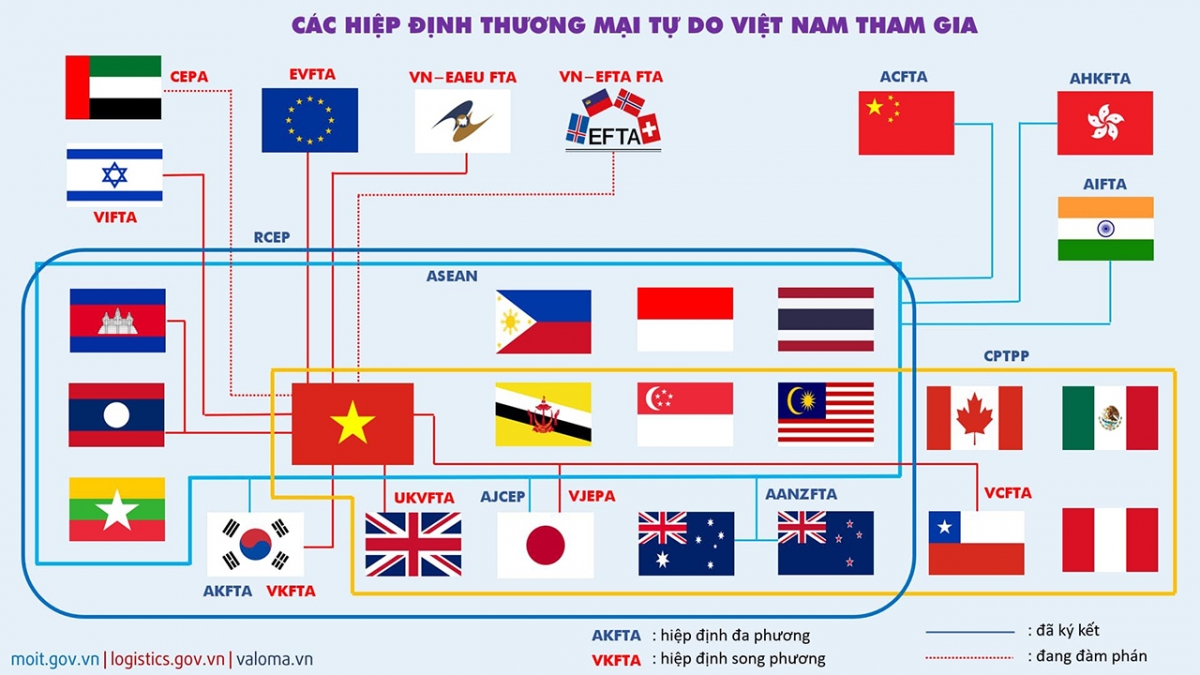
To make the most of the opportunities brought about by the Vietnam - EFTA FTA, Vietnamese enterprises need to proactively standardize the entire production process, improve product quality according to international standards, control input materials and ensure food safety at the highest level. At the same time, building a transparent traceability system, standardizing certification documents, registering international certificates on sustainability, labor, environment, etc. are mandatory requirements to build trust with EFTA partners.
In the long term, enterprises need to have a systematic green transformation strategy, apply clean technology, save energy, use renewable energy, improve equipment, and increase product added value. Human resources also need to be trained in international technical standards, international law and integration management skills.
From a macro perspective, Vietnam needs to continue to strongly promote administrative procedure reform, simplify import-export processes, develop logistics infrastructure, improve trade negotiation capacity, and strengthen the supporting industry system to maximize the effectiveness of new-generation FTAs, including EFTA.
Source: https://baolaocai.vn/yeu-cau-moi-ve-nang-luc-canh-tranh-doi-voi-hang-viet-nam-xuat-khau-post648434.html


![[Photo] Prime Minister Pham Minh Chinh chairs the Government's online conference with localities](https://vphoto.vietnam.vn/thumb/1200x675/vietnam/resource/IMAGE/2025/10/5/264793cfb4404c63a701d235ff43e1bd)



![[Photo] Prime Minister Pham Minh Chinh launched a peak emulation campaign to achieve achievements in celebration of the 14th National Party Congress](https://vphoto.vietnam.vn/thumb/1200x675/vietnam/resource/IMAGE/2025/10/5/8869ec5cdbc740f58fbf2ae73f065076)

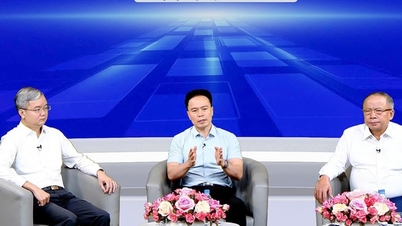

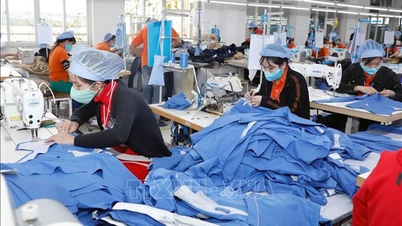



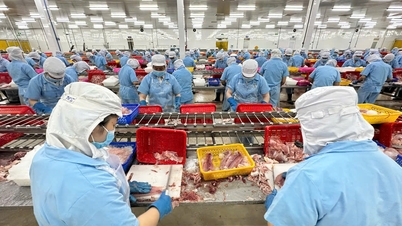
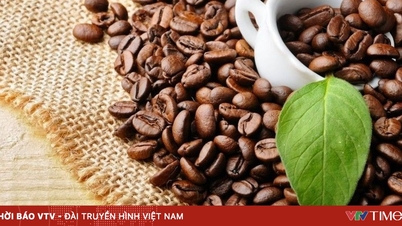




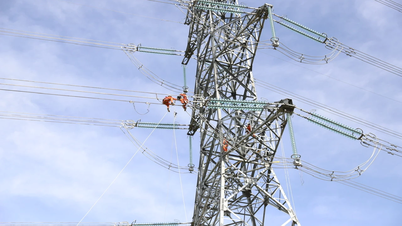

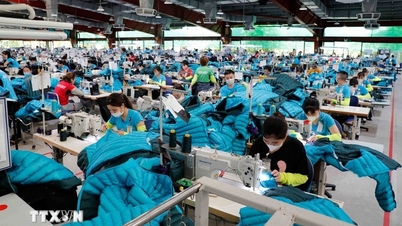

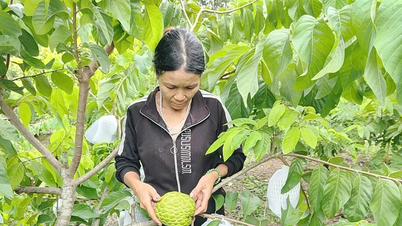







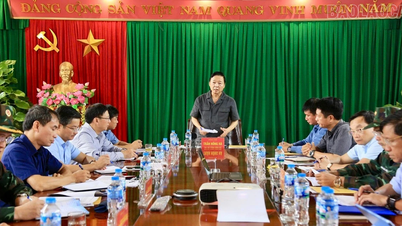

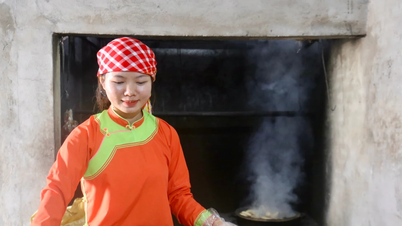
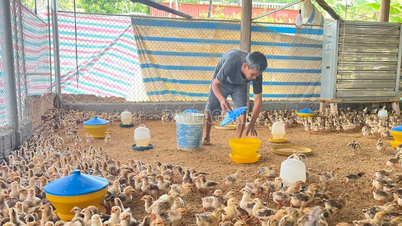
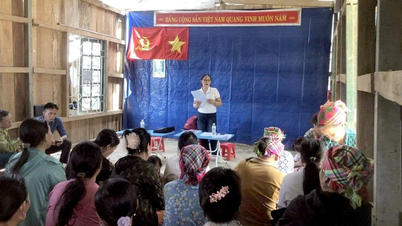
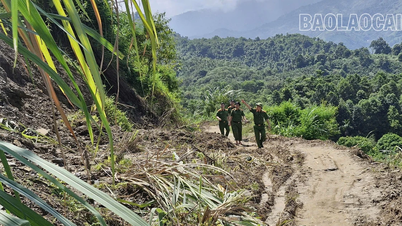



























![[VIDEO] Summary of Petrovietnam's 50th Anniversary Ceremony](https://vphoto.vietnam.vn/thumb/402x226/vietnam/resource/IMAGE/2025/10/4/abe133bdb8114793a16d4fe3e5bd0f12)

![[VIDEO] GENERAL SECRETARY TO LAM AWARDS PETROVIETNAM 8 GOLDEN WORDS: "PIONEER - EXCELLENT - SUSTAINABLE - GLOBAL"](https://vphoto.vietnam.vn/thumb/402x226/vietnam/resource/IMAGE/2025/7/23/c2fdb48863e846cfa9fb8e6ea9cf44e7)













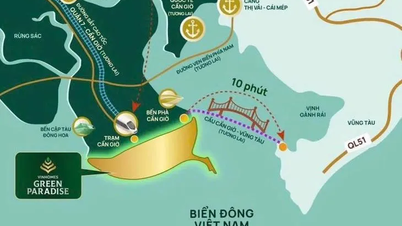
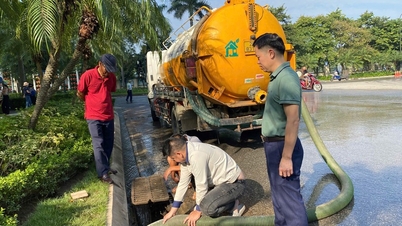



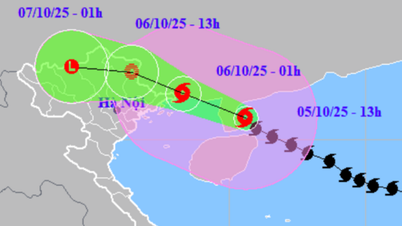













Comment (0)